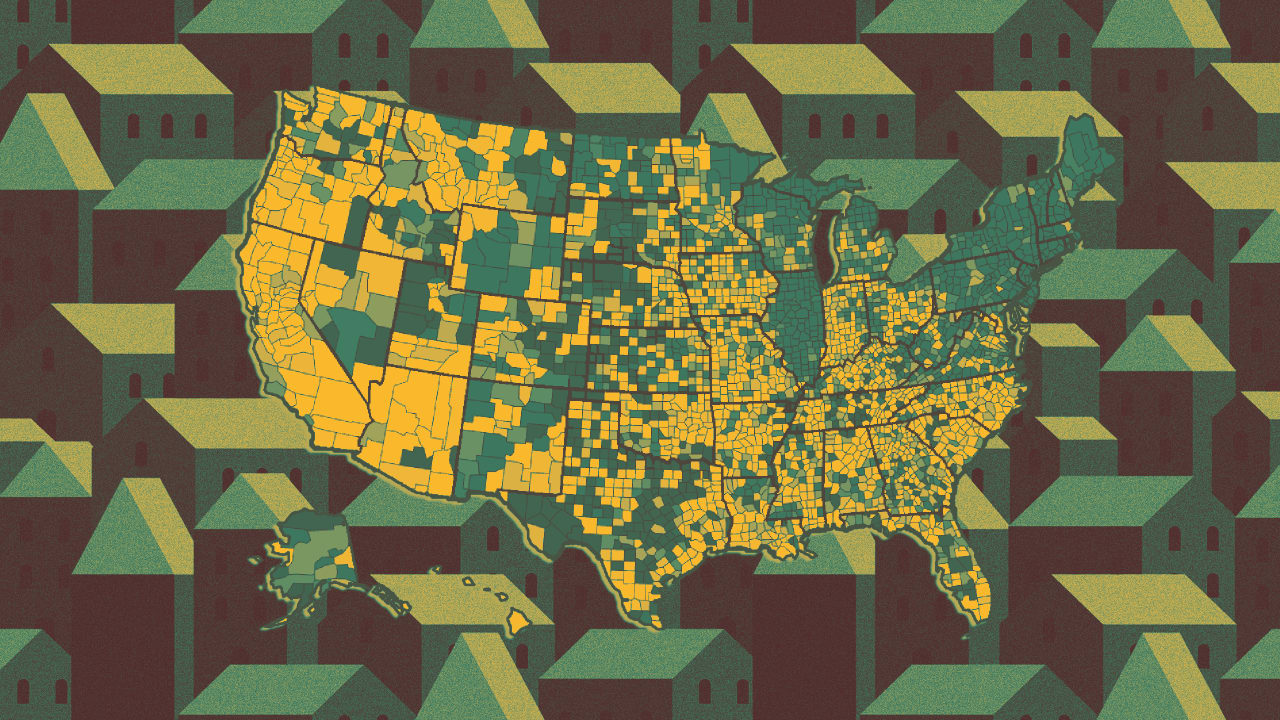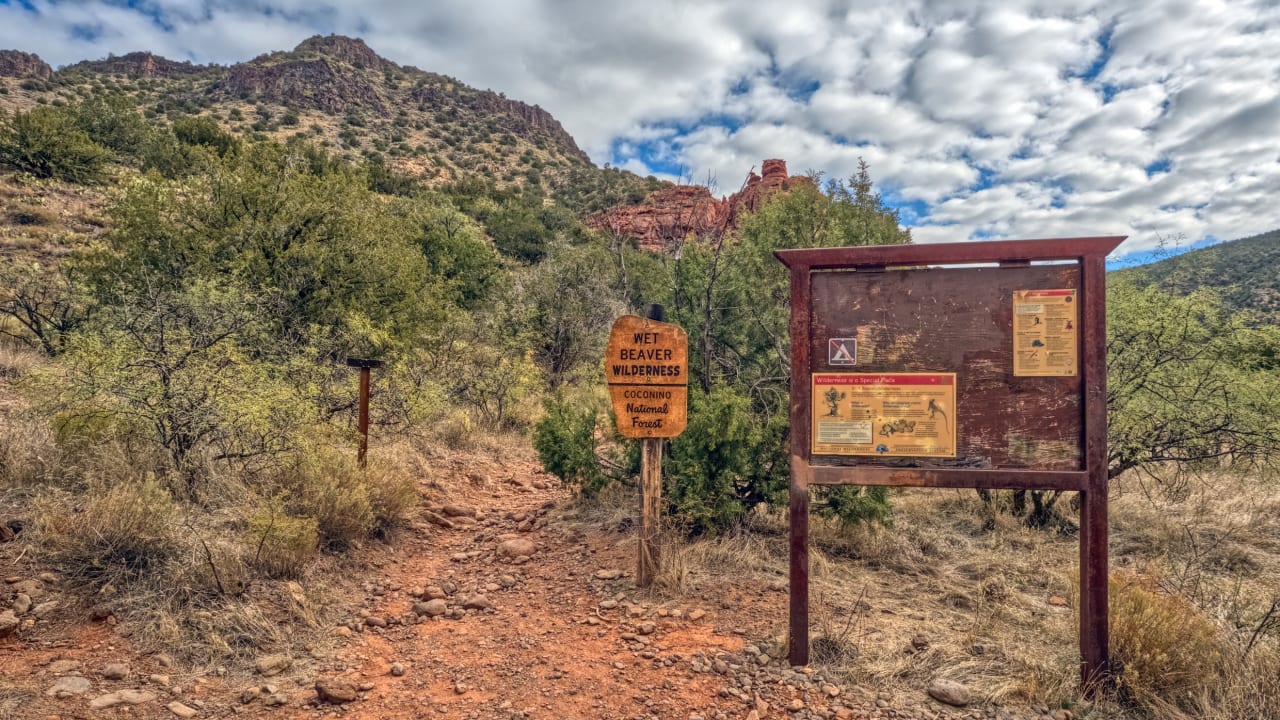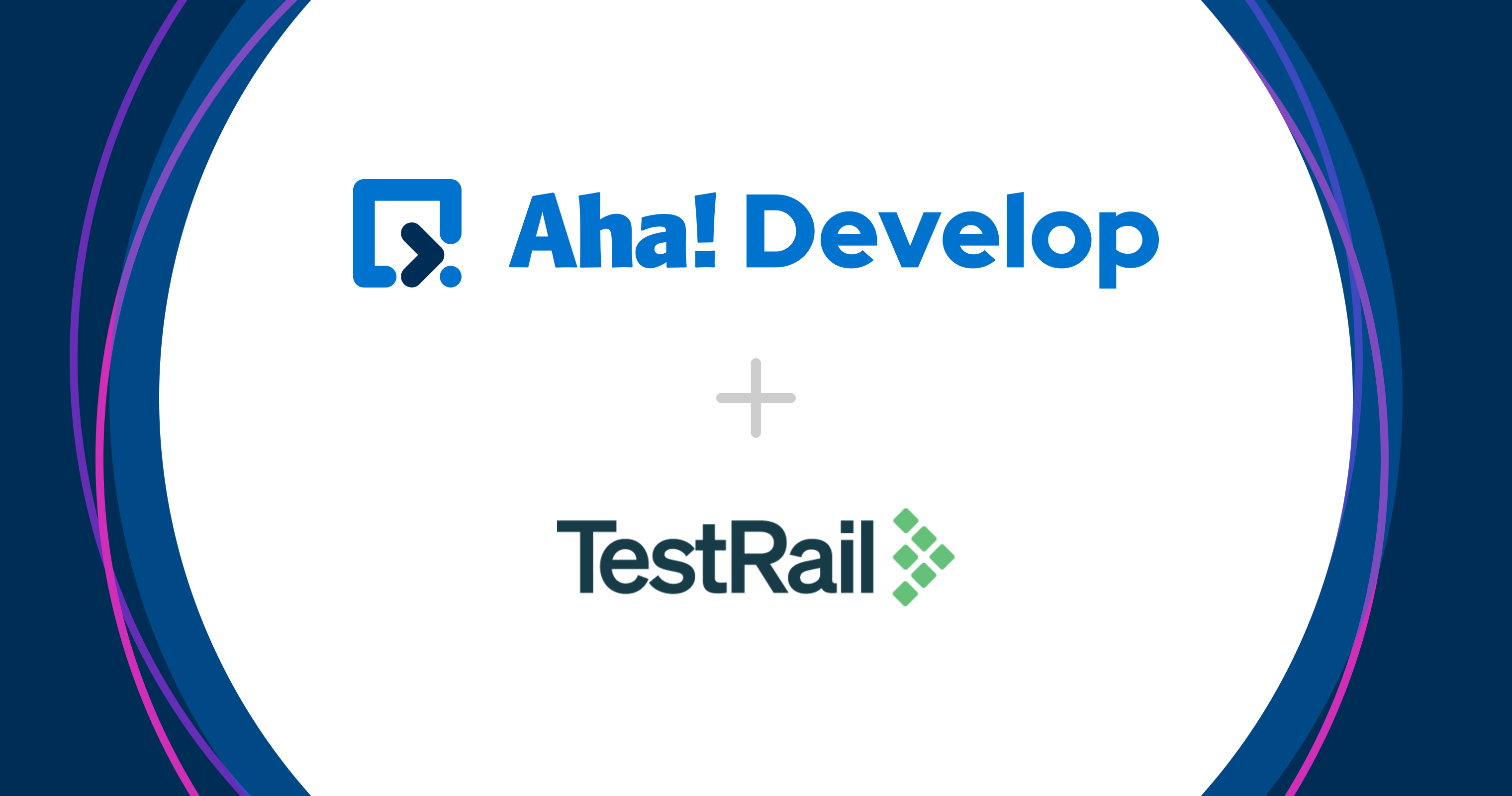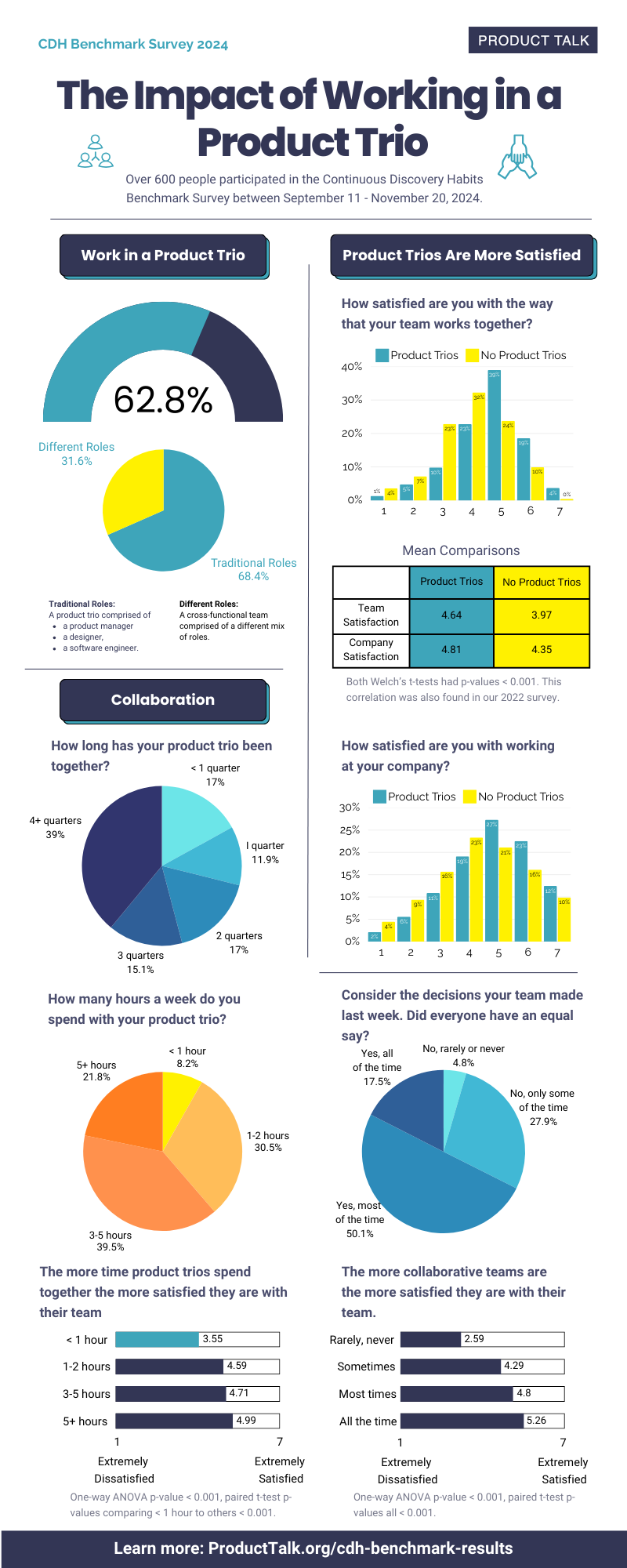Small Business Insurance: What Coverage Do You Need?

Running a small business comes with numerous challenges, and protecting your venture from unforeseen risks should be a top priority. The right insurance coverage can safeguard your business from financial losses, legal liabilities, and unexpected disruptions. But with so many options available, how do you determine what coverage you need?
In this guide, we’ll break down the essential types of small business insurance to help you make an informed decision.
Why Small Business Insurance Matters
Small businesses face various risks, from property damage to lawsuits. Without proper insurance, a single incident could lead to significant financial strain or even force your business to shut down. Insurance provides a safety net, ensuring that your company can recover from setbacks without devastating consequences.
Essential Types of Small Business Insurance
1. General Liability Insurance
What it covers:
-
Third-party bodily injury (e.g., a customer slipping in your store)
-
Property damage caused by your business
-
Advertising injuries (libel, slander, or copyright infringement)
Who needs it?
Almost every small business, especially those with customer interactions.
2. Professional Liability Insurance (Errors & Omissions)
What it covers:
-
Claims of negligence, mistakes, or failure to deliver services
-
Legal defense costs
Who needs it?
Service-based businesses like consultants, accountants, and contractors.
3. Commercial Property Insurance
What it covers:
-
Damage to your business property (fire, theft, vandalism, etc.)
-
Equipment, inventory, and office space
Who needs it?
Businesses with physical locations or valuable assets.
4. Business Interruption Insurance
What it covers:
-
Lost income if your business is temporarily closed due to a covered event (e.g., natural disaster)
-
Operating expenses during the downtime
Who needs it?
Businesses that rely on a physical location to generate revenue.
5. Workers’ Compensation Insurance
What it covers:
-
Medical expenses for work-related injuries
-
Lost wages for injured employees
-
Legal fees if an employee sues
Who needs it?
Businesses with employees (required by law in most states).
6. Commercial Auto Insurance
What it covers:
-
Accidents involving company vehicles
-
Vehicle damage and liability claims
Who needs it?
Businesses that use vehicles for deliveries, transportation, or services.
7. Cyber Liability Insurance
What it covers:
-
Data breaches and cyberattacks
-
Customer notification costs and legal fees
Who needs it?
Businesses that store sensitive customer or financial data online.
How to Choose the Right Coverage
-
Assess Your Risks – Identify potential threats based on your industry and operations.
-
Compare Policies – Work with an insurance agent to find the best coverage at a competitive price.
-
Review Regularly – Update your policies as your business grows or changes.
Final Thoughts
Investing in the right small business insurance is a crucial step in protecting your hard work and financial stability. By understanding the different types of coverage available, you can tailor a policy that meets your specific needs and ensures long-term success.
For more business tips and insights, visit JokNewz.xyz.










































































































![Building A Digital PR Strategy: 10 Essential Steps for Beginners [With Examples]](https://buzzsumo.com/wp-content/uploads/2023/09/Building-A-Digital-PR-Strategy-10-Essential-Steps-for-Beginners-With-Examples-bblog-masthead.jpg)















![How to Use GA4 to Track Social Media Traffic: 6 Questions, Answers and Insights [VIDEO]](https://www.orbitmedia.com/wp-content/uploads/2023/06/ab-testing.png)




































